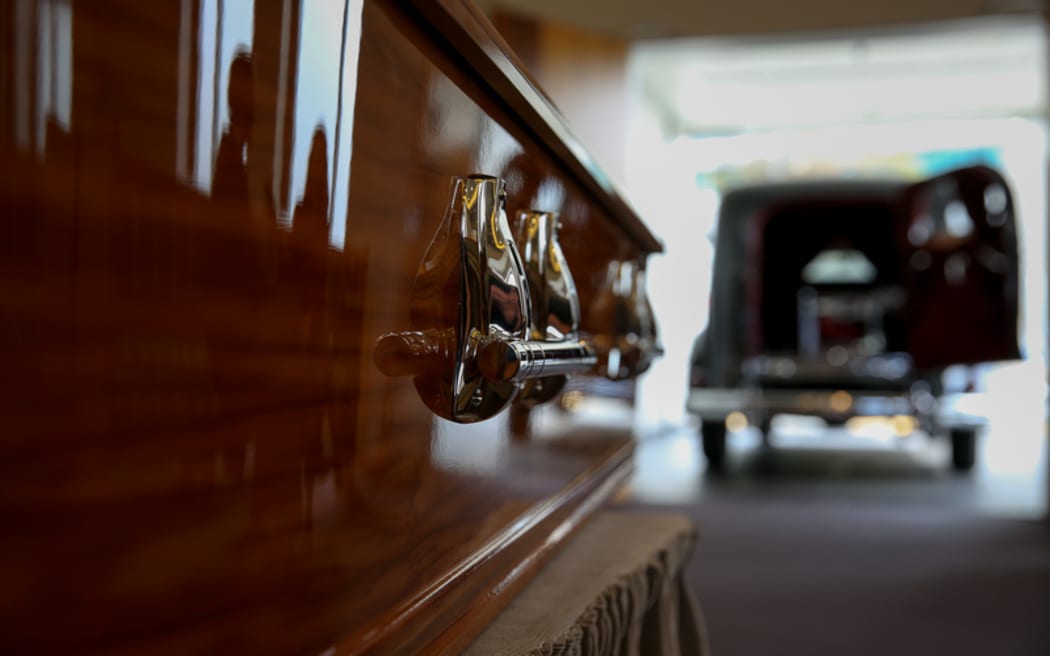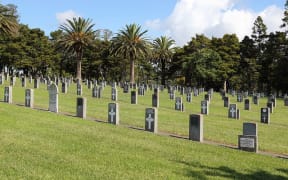A Law Commission recommendation for bereaved whānau to appoint someone to speak on behalf of the deceased person has received a mixed response from iwi.
The commission made the recommendation after a long-running case in which the Tūhoe relatives of the late James Takamore took his body to a family cemetery in Bay of Plenty, against the wishes of his partner.
The recommendation - that whānau should appoint someone to speak for the deceased - is part of the commission's report, Death, Burial and Cremation: A New Law for Contemporary New Zealand.

Photo: RNZ / Alexander Robertson
Waikato University reo and tikanga professor Pou Temara said he welcomed the recommendation, especially in racially mixed partnerships or marriages.
"What we do strike at the present time is that if you have a mixed marriage we strike problems because unless the couple have come to some understanding about the process of death, then it'll end up in court and usually the law wins," he said.
"In the case of [the] Takamore [family] of course that was a good outcome."
Ngāti Awa cultural advisor Pouroto Ngaropo said whānau needed to have a funeral plan which included appointing an appropriate spokesperson who could carry out the last wishes of a deceased relative.
"There's multi-layers that we need to be cognisant of and aware of and the person that's appointed māngai (spokesperson) needs to make the right decision in honouring the wishes of the deceased," Mr Pouroto said.
But Te Rūnanga o Ngāti Whātua chair Naida Glavish said choosing a representative for a deceased whānau member could be quite complicated and it needed to be based on merit.
In years gone by, siblings also needed to be considered, she said.
"There's the whānau issues to take into account and so I don't think it's as simple as appointing a spokesperson."
Whānau needed to be financially prepared for death as it cost more than $2000 for a burial plot in Auckland, Mrs Glavish said.
Her tribe had a funeral insurance scheme but many iwi members could not afford to pay the premiums.
"There's been several attempts in Ngāti Whātua of setting up tangihanga insurances and some of the problems, of course, have been the economic situation that our people find ourselves in, is that there is no money to put anywhere for anything other than a loaf of bread on the table."
Mr Ngaropo said a cheaper alternative for families could be to bury their loved ones at a whānau cemetery back in their tribal rohe.
"What we should be encouraging marae and hapū and whānau or even within Ngāti Whātua or throughout the motu, is creating other opportunities where the hapū can receive their deceased without having to pay any costs in terms of the urupā."
Prof Temara, of Ngāi Tūhoe, said bereaved whānau who had become disconnected from their tribe should reconnect as that would allow them to get more support during tangihanga.




